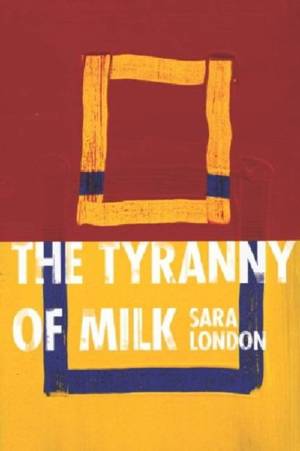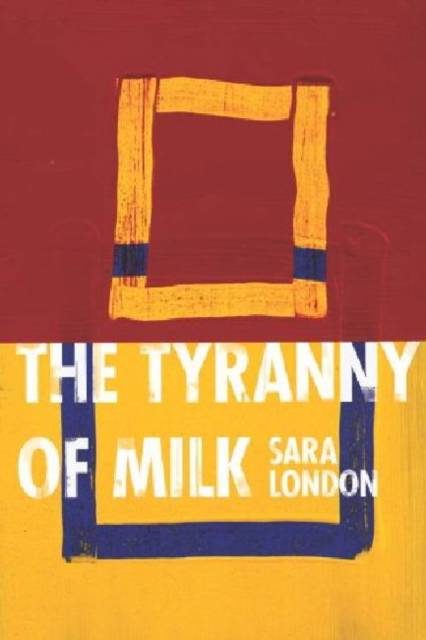
- Retrait gratuit dans votre magasin Club
- 7.000.000 titres dans notre catalogue
- Payer en toute sécurité
- Toujours un magasin près de chez vous
- Retrait gratuit dans votre magasin Club
- 7.000.0000 titres dans notre catalogue
- Payer en toute sécurité
- Toujours un magasin près de chez vous
Description
The Tyranny of Milk offers 26 short-lined lyrical narratives that deftly yoke the singular to the epic with a confident, curious brand of wisdom. The collection's trajectory builds from sixth-grade science lessons using cows' eyes ("we pared them away / those shards / of stored sight") to a pondering of the earth's vast waters lapping up against boundless human thirst: "so huge / we are in sorrow, so mired in metaphor and hope, you would know us by it." The oceanic scale of the poem "Why the Water" echoes the local mapping of "Wetter," a series of vignettes about the mixed inheritance of bed-wetting and the elusiveness of identity: "It is yours / and not yours. / ...You race it." Another poem, "Terra Incognita," retells a resonant, comic Lakota anecdote concerning the Lewis and Clark expedition. "Love of Line: Notes for an Apprentice Shingler," turns to the heft and heave of the Old English poetic line in an homage to precision and hard work. London vividly brings personal mythology to the page, whether recounting the appetite of a dying poet who craves "the small, bloodless planet of the olive, smooth in his / five o'clock martini," or depicting young sisters' slow awakening to sexual desire.
The collection also weaves family stories to the traditions they form and are formed by, from the Yiddish-speaking uncles of "Sweet Salvage" to the sister in Israel readying her gas mask: "You know / what an
anteater looks like?" Frequently London deploys wry humor in the service of serious contemplation. In the semi-surreal title poem, with its ironic juxtaposing of "milk" and "tyranny," cows journey far from the
pasture: "The night the Guernseys / came to dinner was not / the right night." Here, kosher traditions are upset, as the speaker grapples with the "mixed-up blessings" of family life, heritage and artful fate: "the milkblood draws / me into waking / worlds away." Ultimately these poems have telescopic reach: they transport us into distant worlds so completely we find ourselves reaching out to touch "a snapping branch this noon," to trace "the granular deletions / of a mother's / deep cartoon love."
Spécifications
Parties prenantes
- Auteur(s) :
- Editeur:
Contenu
- Nombre de pages :
- 100
- Langue:
- Anglais
- Collection :
Caractéristiques
- EAN:
- 9781935536024
- Date de parution :
- 09-03-10
- Format:
- Livre broché
- Format numérique:
- Trade paperback (VS)
- Dimensions :
- 150 mm x 221 mm
- Poids :
- 158 g

Les avis
Nous publions uniquement les avis qui respectent les conditions requises. Consultez nos conditions pour les avis.






